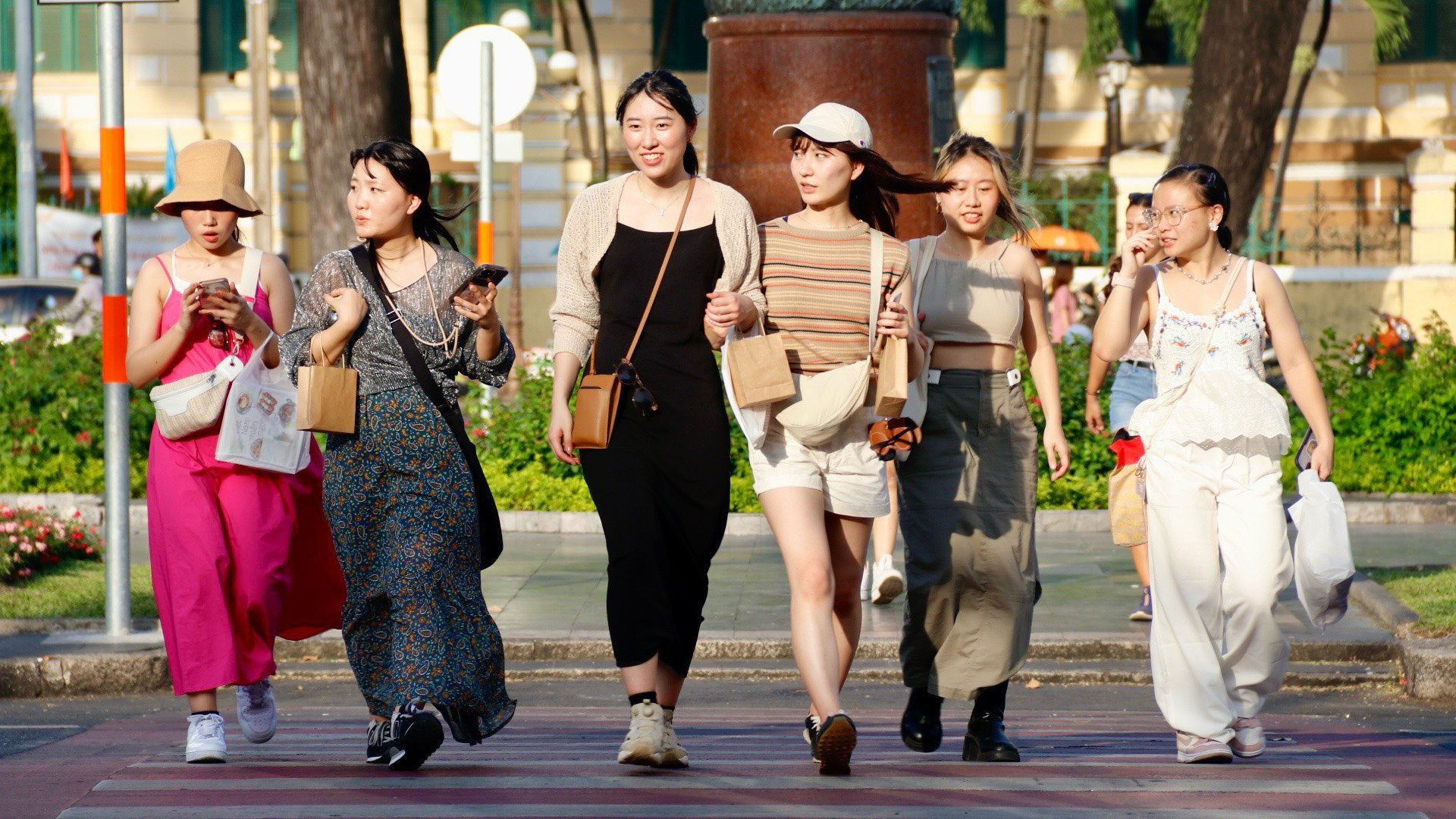
Sightseeing in hot weather at Notre Dame Cathedral (District 1, Ho Chi Minh City) during the holidays - Photo: TIEN QUOC
According to the National Center for Hydro-Meteorological Forecasting on April 27, the whole country is experiencing "horrifying" heat with temperatures in many places reaching over 41 degrees Celsius, 1-2 degrees Celsius higher than on April 26.
With the heat wave spreading across the country in recent days and the coming days, it can be said that this is a rare, even unprecedented heat wave.
Hot weather increases the risk of food poisoning
Speaking with Tuoi Tre Online , Dr. Tran Ngoc Luu - Department of Infectious Diseases, Children's Hospital 2 (HCMC) - said that the long holiday season, traveling in hot weather, if not careful, adults and children can easily get sick.
Especially diseases related to the digestive tract (enteritis, intestinal infections, food poisoning) due to hot weather, bacteria can easily penetrate food and cause rapid spoilage.
At the same time, one of the groups of diseases transmitted through the digestive tract is hand, foot and mouth disease.
In addition, hot weather can lead to respiratory diseases, especially heat stroke due to the temperature difference between the air-conditioned room and the outdoors.
To prevent disease, Dr. Luu recommends that parents keep their children's hands clean, ensure food hygiene and safety, and clean surfaces that children frequently come into contact with.
"People need to pay attention to eating cooked food, drinking boiled water, and keeping their hands clean (should have safe hand washing products). Remember to wash your hands before eating and before preparing food for children. At the same time, avoid staying outdoors for long periods of time, let children play in shady areas, and drink enough water.
When going from a low temperature environment to a high temperature, you should let your body adapt gradually by sitting in a cool area first," said Dr. Luu.
Hot weather, watch out for UV rays
Dr. Tran Thu Nga and Dr. Nguyen Thi Quy - University of Medicine and Pharmacy Hospital, Ho Chi Minh City, branch 3 - said that high ultraviolet (UV) radiation can damage DNA (genes) in cells, which can lead to cancer.
According to many studies, in addition to skin cancer, UV rays can affect health and cause many other problems such as: Can cause sunburn or premature skin aging, causing signs such as: wrinkles, rough skin, brown spots, keratosis and reduced elasticity.
UV rays can also cause eye problems such as inflammation or burns of the cornea, they can also lead to the formation of cataracts and pterygium, both of which can impair vision.
Additionally, UV rays can also weaken the immune system, making it harder for the body to fight infections.
The American Cancer Society offers these recommendations to help protect your skin from the sun:
If you have to participate in outdoor activities, stay in the shade/tree canopy, especially during midday hours, and limit sun exposure between 10am and 4pm.
Cover up when going outside, wear long-sleeved clothing and a hat with a brim to protect the skin on your head, face and neck. Wear sunglasses to protect your eyes and the skin around your eyes from UV rays.
Remember to use a broad-spectrum sunscreen with an SPF of at least 30 30 minutes before going out, reapply every 2 hours or after swimming/sweating.
Source


![[Photo] Liberation of Truong Sa archipelago - A strategic feat in liberating the South and unifying the country](https://vstatic.vietnam.vn/vietnam/resource/IMAGE/2025/4/25/d5d3f0607a6a4156807161f0f7f92362)
![[Photo] President Luong Cuong holds talks with Lao General Secretary and President Thongloun Sisoulith](https://vstatic.vietnam.vn/vietnam/resource/IMAGE/2025/4/24/98d46f3dbee14bb6bd15dbe2ad5a7338)
![[Photo] President Luong Cuong meets with Lao National Assembly Chairman Xaysomphone Phomvihane](https://vstatic.vietnam.vn/vietnam/resource/IMAGE/2025/4/25/dd9d8c5c3a1640adbc4022e2652c3401)


![[Photo] General Secretary To Lam receives Philippine Ambassador Meynardo Los Banos Montealegre](https://vstatic.vietnam.vn/vietnam/resource/IMAGE/2025/4/24/6b6762efa7ce44f0b61126a695adf05d)












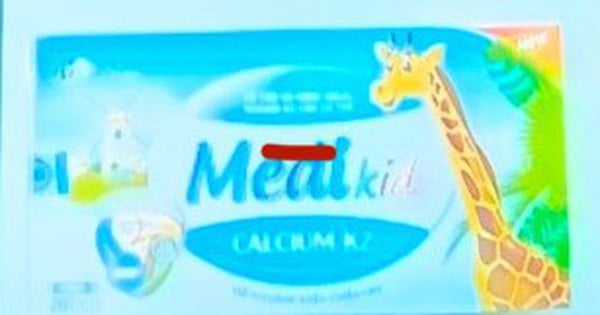


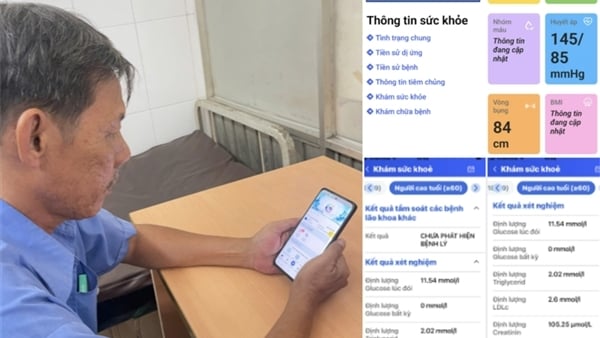
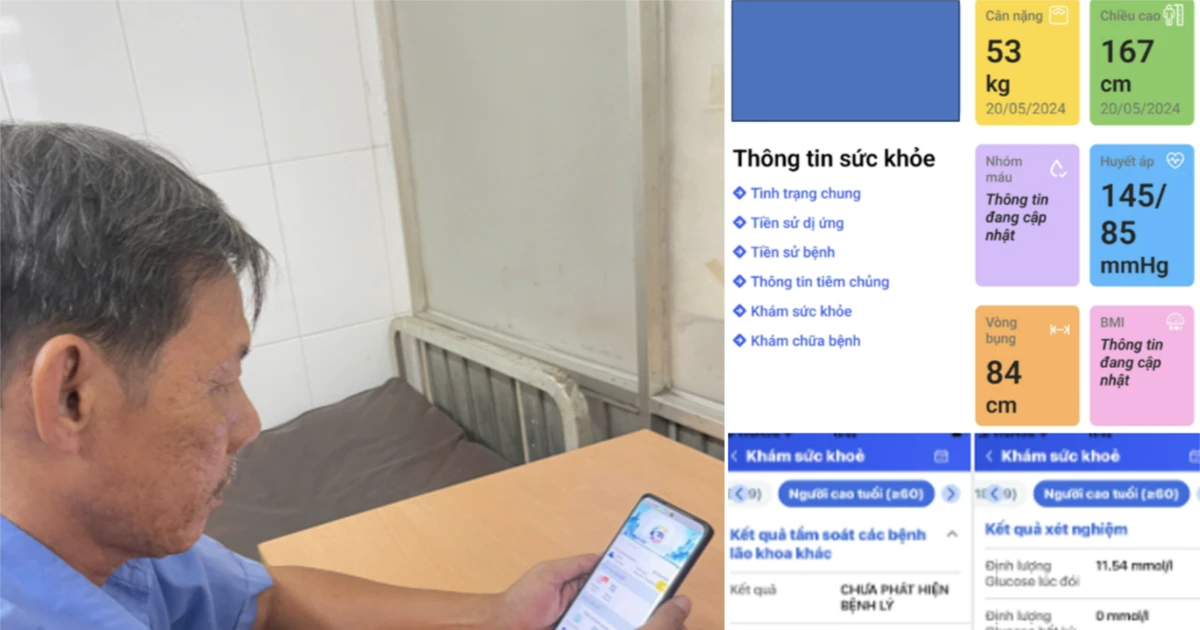






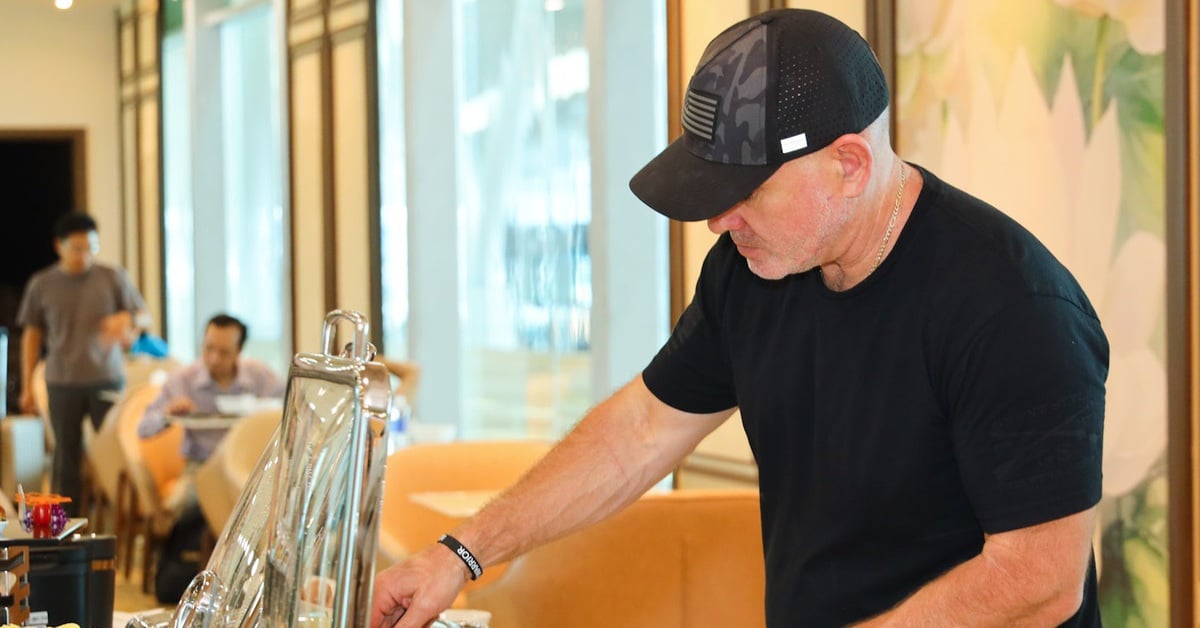









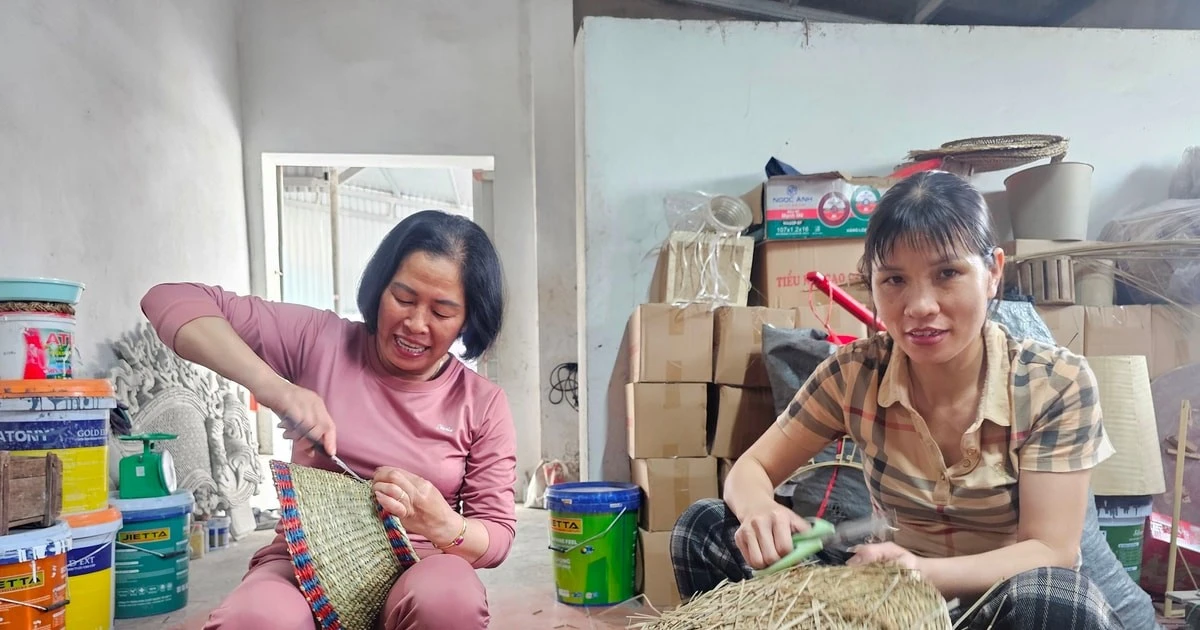

























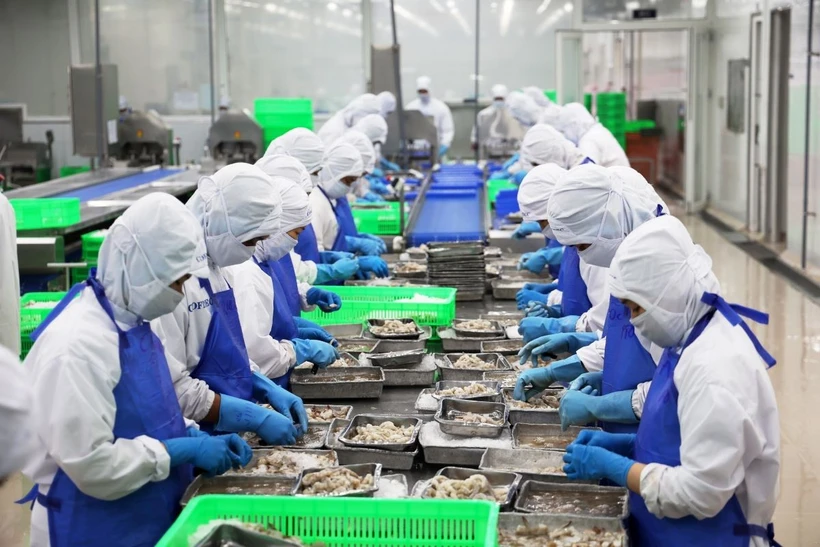




























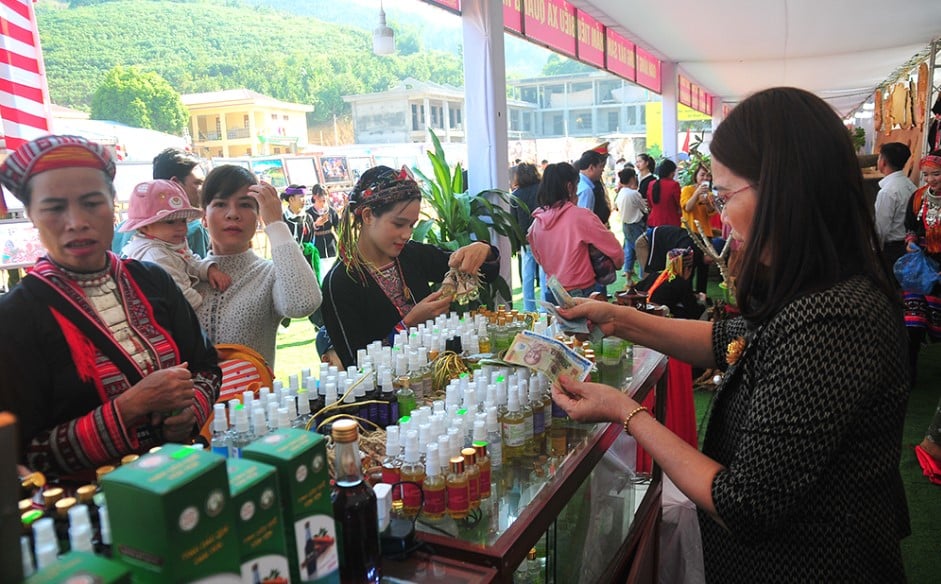

Comment (0)